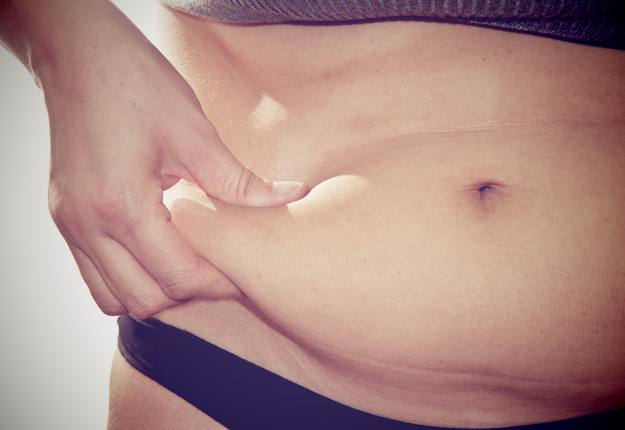BRITISH scientists have developed a hormone injection that could help people lose 6kg in just four weeks.
The injection mimics the effects of a gastric band and the breakthrough is being hailed as “the most exciting” obesity treatment yet, according to The Sun.
Experts at Imperial College London are currently completing human trials — but have so far found patients naturally ate 30 per cent less food after being given the injection.
The injection was so successful in some patients with diabetes that they were able to come off their medication, according to scientists.
The research involved 20 patients who took three hormones through a patch and a pump for 28 days.
Each participant lost between 1.8kg and 2.2kg — making the treatment almost as effective as a weight-loss operation.
Prof Sir Steve Bloom, a professor who lead the research and is Imperial’s head of diabetes, endocrinology and metabolism, is hopeful the therapy will be available within five years as a painless monthly injection.
He told The Daily Telegraph: “It is going to be the most exciting agent for improving health that has yet been discovered.”
It was initially believed that gastric band surgery worked by reducing the amount of food held in the stomach.
But patients were found to have elevated levels of satiety hormones and preferred to eat less-fatty foods, suggesting it also altered cravings.
The new injection reproduces those hormones to mirror that effect — without the need for an operation.
Tricia Tan, who formulated the hormones, explained: “While wearing the pump, you feel less hungry and you stop eating earlier.
“The sensation is like after you have eaten a big meal and you feel really full. What’s even more exciting is that we are able to normalise blood sugar levels and they can come off diabetes medications.”
Sir Bloom added that the injection meant doctors could vary the dose so that it could also be used by people who just wanted to control their diet.
He branded the treatment a “safe medication,” as the hormones “are mimicking our physiology”.
His research team is due to publish the findings in a medical journal soon.
Share your comments below




















-

-
-
meedee said
- 14 Aug 2022
-

-
-
mom81879 said
- 28 Jun 2018
-

-
-
rovermum said
- 14 May 2018
-

-
-
levismumma said
- 11 May 2018
-

-
-
Ellen said
- 11 May 2018

-

-
-
mom101628 said
- 10 May 2018
-

-
-
mom112217 said
- 10 May 2018
-

-
-
mom90758 said
- 10 May 2018
Post a comment8:45 am
12:29 pm
10:22 am
8:47 am
2:53 am
10:18 pm
5:33 pm
2:44 pm
To post a review/comment please join us or login so we can allocate your points.